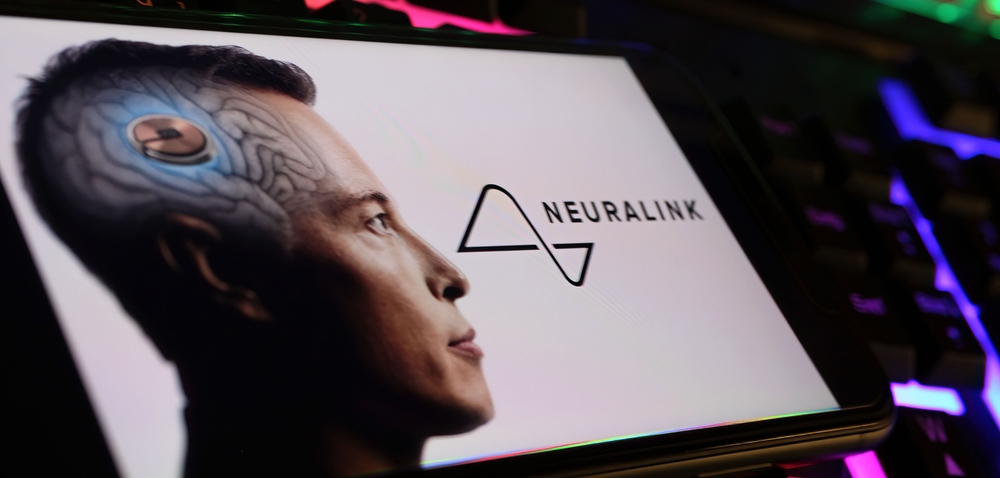
Elon Musk’s groundbreaking company, Neuralink, has successfully implanted a second brain-computer interface (BCI) in a volunteer with a spinal cord injury. This remarkable achievement marks a significant step forward in the quest to empower paralyzed individuals by allowing them to interact with digital devices through mere thoughts.
The Volunteer’s Journey to Empowerment
The latest volunteer, whose identity remains undisclosed, suffers from severe spinal cord injuries, rendering them paralyzed. However, with the implantation of Neuralink’s device, this individual is now able to control digital devices directly with their mind. According to Musk, the BCI contains 400 electrodes, although the Neuralink website notes that the chip is designed to utilize up to 1,024 electrodes.
The innovative device, resembling a hearing aid, is attached behind the patient’s ear, with thread-like electrodes extending into the brain. These electrodes, thinner than human hair, are capable of reading and transmitting neural signals. The BCI’s processor, measuring only 4×4 mm, processes information from up to 10,000 electrodes, enabling the patient to perform tasks such as playing video games, navigating the internet, and even posting on social media.
Learning from the First Implantation
In January 2024, Neuralink successfully implanted its first brain chip in a man paralyzed from the shoulders down due to a diving accident. The initial results were promising, as the patient could engage in digital activities using only his thoughts. However, a month later, the device began experiencing malfunctions. The Wall Street Journal reported that most of the chip’s electrodes had shifted, leading to a loss of signal. In response, Neuralink decided to implant the chip deeper into the motor cortex of the second volunteer, hoping to avoid a repeat of the previous issues.
Looking Ahead: Expansion and Trials
Neuralink’s ambitions extend far beyond these initial successes. By the end of 2024, the company plans to implant BCIs in ten volunteers, aiming to refine the technology and prove its efficacy. Moreover, Neuralink intends to expand its trials to Canada and the UK, pending approval from relevant authorities.
This pioneering work by Neuralink represents a monumental leap forward in the field of neurotechnology. As the company continues to refine its devices, the dream of restoring autonomy to individuals with paralysis through thought-driven technology is rapidly becoming a reality. For more details on this development, visit Deutsche Welle.

 Get in Touch
Get in Touch 


